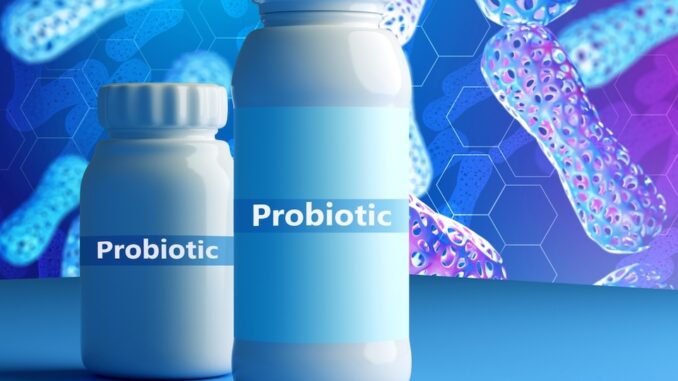
In a letter to the National Union of Food Supplements, the Direction générale de la consommation, de la concurrence et de la répression des fraudes (DGCCRF) outlined that supplements can use the term so long as certain conditions are met. These include: a minimum number of living bacteria, the product strains having a history of consumption, and the strains being characterised and tested for antibiotic resistance.
Regarding product claims, supplements may claim probiotics “contribute to the balance of the intestinal flora”, or equivalent – with wording such as “maintenance”. However, supplements cannot claim to contribute to the “reinforcement” or “augmentation” of flora.
Other notable softening of regulation can be seen in Italy, Netherlands, Poland, Spain, Italy, Czech Republic, Denmark, and Greece. The conditions laid out by French regulators mirror the national standards in Italy which allows for “it promotes intestinal balance” as a claim on labels, for both probiotics and prebiotics.
The softening of regulation has been welcomed by the probiotic industry. We spoke to Solange Henoud, Vice-President, Regulatory and Compliance for Lallemand Health Solutions who said:
“Our team is pleased to see that its joint advocacy efforts with other industry players and association members, get justice and appreciation from the French authorities… We applaud and thank the Directorate-General for Competition Policy, Consumer Affairs, and Fraud Control (DGCCRF) for this acknowledgement”.
The review of the term challenges the European Commission stance on the matter. Regulation (EC) No 1924/2006 stipulates that unauthorized health claims cannot be made on food, and that the term “probiotic” makes unconfirmed claims. Thus, unless substantiated by science the term could be misleading to consumers.
Groups commenting on this key regulatory issue include the International Probiotic Association and the European Diary Association. In early 2022, they released a joint statement requesting the European Commission reconsider it’s evaluation of probiotics. The statement explained that the difference in regulation between EU countries is confusing to consumers and urges the commission to allow the term in a regulated manner.
Currently, in the USA, the FDA consider probiotics to be dietary supplements as such they must comply with dietary regulations. Products labelled with “probiotic” cannot make any claims to treat, diagnose, prevent, or cure disease. In a 2016 revised draft guidance published the FDA states “bacteria that have never been consumed as food are unlikely to be dietary ingredients”, this opens questions regarding the regulatory future of “next-generation probiotics”, with strains such as Akkermansia, not having a history of consumption.
The change in France signifies the changing regulatory landscape within the probiotic category. In 2017, companies seeking health claims could pursue a medical device categorisation. This would circumvent the costly price of clinical testing required for the pharmaceutical category. However, due to regulatory changes in 2017, which now exclude live micro-organisms from the category, this path is no longer viable. One notable company that navigated this regulatory development was ProgeFarm for their Lactobacillus plantarum product. Sold as a medical device initially, the company pivoted category to achieve the first regulatory authority approved probiotic drug in the EU.
A paper published by the Pharmabiotics Research Institute published in 2020 discussed the importance of a regulatory framework that distinguishes between probiotics as supplements and as therapeutics. The paper highlights the intended use of probiotics as being key to this distinction, where “food supplements are intended to maintain or enhance a healthy state in a healthy or at-risk population” and “drugs are intended to cure or prevent a disease or pathophysiological state in unhealthy or diseased humans”.

